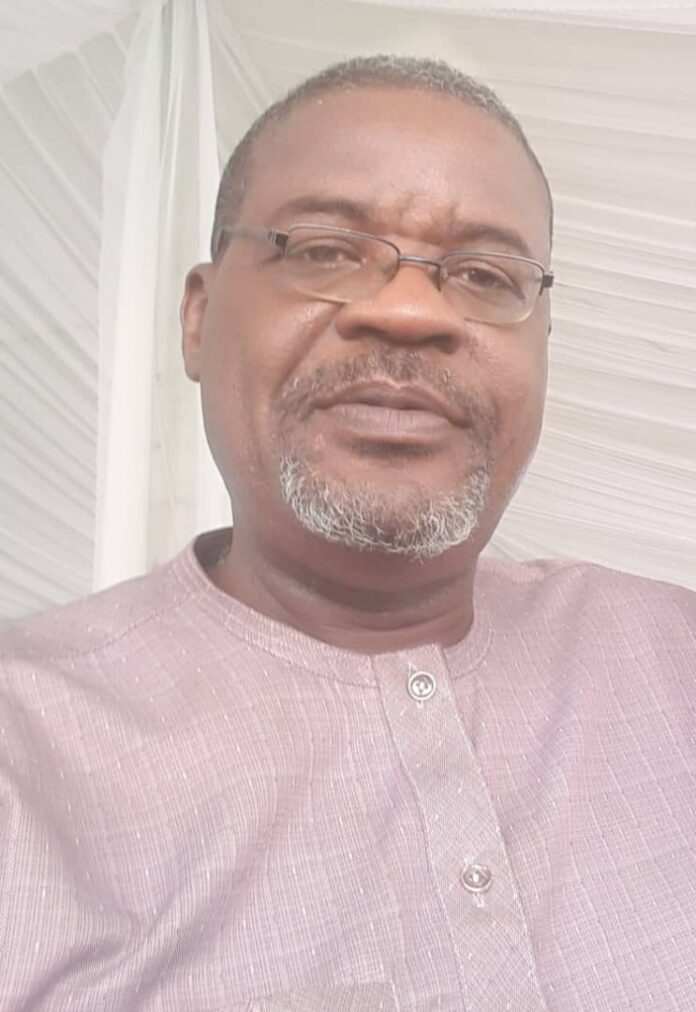As our people struggle to survive Tinubu’s economic reforms, the President’s New Year address which promised the heavens and the earth to citizens who are not sure of the next day’s meal drew a little more than a passing interest, save for the mealy supporters of President Tinubu who are daily occupied with praising him, promoting his anti-people policies, particularly on social media and other public platforms, and countering criticisms from opposition groups. This consistent praise is part of the broader strategy of his enthusiastic supporters cum propagandists to maintain his political influence across various demographics. In his address, Tinubu’s pledge to tame inflation, and improve citizens’ economic conditions, offered nothing close to hope, or the renewal of hope as apologists of his government constantly boast, compelling the respected Catholic Archbishop of Abuja, the Most Rev. Ignatius Kaigama to sound a clarion call a few days ago, urging President Tinubu to match words with actions. Archbishop Kaigama’s call resonates with a nation tired of rhetoric and sound bites.
At the heart of the President’s New Year address lies the much-echoed plan to “drive down current high inflation from the staggering 34.6 percent to 15 percent”. While the presidential promise appears salutary, fiscal and monetary indiscipline and reckless spending of government financed by excessive borrowing have exacerbated inflationary pressures. Tinubu’s economic reforms, including subsidy removal and the floating of the Naira, have not delivered tangible gains to the citizens.
Reducing inflation requires decisive actions, yet his profligacy suggests poor management of our country’s scarce resources. One glaring example is the president’s acquisition of yacht, presidential jet, and new Presidential Cadillac Escalade reportedly costing millions of dollars. In a nation where public hospitals lack basic medical equipment, hunger constantly knocks on the doors of millions who go to bed and wake up hungry, the New Year’s Day address that urges citizens to wait for the future fulfilment of the promises of the good life merely casts these citizens as the non-fictional Estragon and Vladmir, characters in Samuel Beckett’s stage play, who patiently wait for Godot. Tinubu’s profligacy undermines his call for citizens to endure economic pain, as it signals a leadership disconnected from the struggles of the everyday people.
Beyond the presidential jet, car, and yacht, the budgetary proposal to construct the presidential jetty and helipad raises serious questions about his administration’s commitment to austerity. These accoutrements of presidential power do not address the poverty and hunger gripping the nation. They merely increase public frustration, as citizens grapple with skyrocketing food prices and dwindling purchasing power. If the president is serious about fostering hope, he must demonstrate personal sacrifice and redirect resources to critical sectors like health, education, and agriculture.
Tinubu’s penchant for frequent foreign travels, a drain on the nation’s resources, is another example of his financial indiscipline. Tinubu’s junketing, only comparable to the scale and frequency of Buhari’s foreign trips, contrasts sharply with his dubious economic reforms that encourage citizens to tighten their belts, while splurging on foreign trips at public expense.
Meanwhile, citizens continue to bear the brunts of reforms that prioritise the market over human welfare and “produce the greatest number of poor citizens whose breads are not buttered by Adam Smith’s invisible hand”, as I wrote in a previous OP-ED a few weeks ago. Archbishop Kaigama’s reminder that “it’s not just about a speech, but about how it is translated concretely into practice” cuts to the heart of Tinubu’s poor leadership. Hungry citizens are suspicious of lousy declarations, marked by inaction. If President Tinubu truly seeks to win public trust, he must prioritise accountability, fiscal discipline, and the welfare of ordinary citizens. His actions must reflect the sacrifices he demands of citizens.
The administration’s focus must shift from optics to substance; from propaganda to truth-telling. The inflation target of 15 percent, while ambitious, can be achieved through coordinated monetary and fiscal policies. The Central Bank must stabilise the naira, curb speculative trading, and ensure adequate liquidity. Simultaneously, fiscal measures such as cutting public waste of scarce resources and redirecting funds to critical sectors will complement these efforts. Citizens need to see visible progress to remain hopeful; but, can Tinubu’s economic and financial hitmen, Wale Edun and Yemi Cardoso, come to the rescue by instilling fiscal discipline into government business? Evidence in the public space doesn’t suggest that they are the rescuers he needs. For example, Yemi Cardoso, Governor of Central Bank, was recently accused of procuring six armoured Lexus LX 600 SUVs worth ten billion Naira for himself and Deputy Governors of the apex bank.
Leadership requires empathy, compassion and symbolic gestures of solidarity. President Tinubu must show that he is in touch with the plights of citizens and is willing to lead by example and do what he says, to inspire citizens to endure temporary hardships for long-term gains. He should make visible personal sacrifices that reinforce his commitment to sharing citizens’ collective pains.
President Tinubu’s New Year promises may appear to his supporters present an opportunity to bridge the long-standing gap between hope and action; but, bridging hope and action can only happen when President Tinubu displays the real intention to overcome the compulsive buying disorder which characterises his obsession with the jaiye jaiye life; or depart from the profligacy that has so far characterised his administration.
Archbishop Kaigama is not asking for miracles but for sincerity and a move away from the mismatch of hope and actions.



